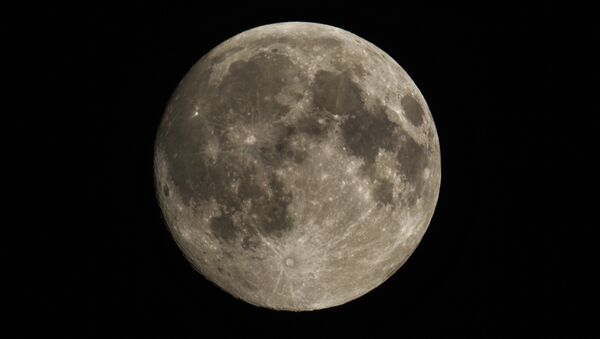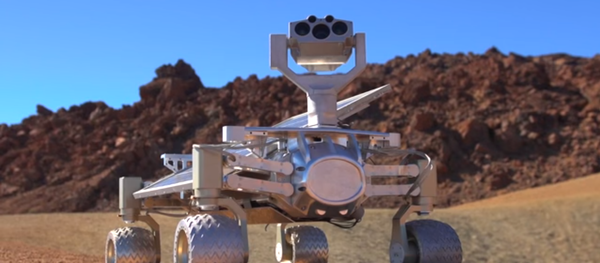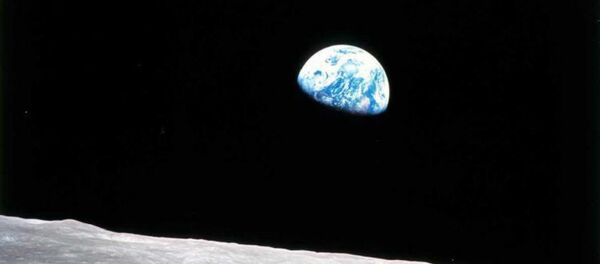A front-runner to win Google’s Lunar XPrize, the $20-million grant for the first "privately funded team" to "successfully place a spacecraft on the moon’s surface," "travel 500 meters,"and "transmit high-definition video and images back to Earth," brings the Moon Express total investment to some $45 million, alongside contributions from deep-pocket tech billionaires like Paypal founder Peter Thiel.
In 2016, Moon Express submitted a proposal to the Federal Aviation Administration (FAA) and received federal approval for their lunar mission. This historic ruling is the first private company that has received permission to land on the Moon.
Under the 1966 Outer Space Treaty, space missions are the responsibility of national governments, even if the mission is entirely private. Governments are wary of private spaceflight, and have strictly regulated it. In the United States, private spaceflight was effectively illegal until the 2004 Commercial Space Launch Amendment.
In addition to the Lunar XPrize goals, Moon Express seeks to begin mining the moon for resources such as platinum and helium-3, as well as laying the groundwork for an eventual human colony.
Moon Express is not the only group chasing the cash and prestige that a successful moon landing would bring. Of 34 teams that announced participation at the beginning of the Google competition, only five have secured a launch contract and are still in the running.
Those teams include Japan’s Hakuto; India’s Team Indus; Israel’s Team SpaceIL; and the international Synergy Moon, led by an American and a Yugoslavian. The teams must launch their spacecraft before the end of 2017, although none have set a specific date. There are several extra prizes for various additional achievements.
Whichever participant arrives first will mark the first private company to successfully land on the moon. The space agencies of the United States, the Soviet Union, Japan, China, Europe and India have all done so previously.
Lunar landing missions from Japan, South Korea, Russia, and the United Kingdom are planned over the next 15 years. Following a successful conclusion to the Google competition, however, private trips to the moon could become more frequent than those sponsored by nations.





